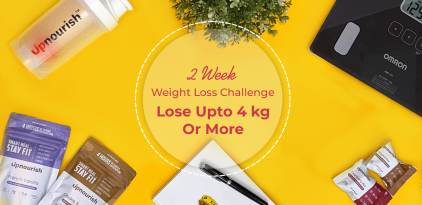Can Soup Replace Meal? Here's What You Need to Know
Whether or not soup can replace a meal depends on the type of soup you are consuming. Some soups are very nutritious and can be a good meal replacement, while others are low in nutrients and should not be used as a meal replacement.
To determine if a soup is a good meal replacement, you should look at the following factors:
Nutrient: The soup should be a good source of protein, fiber, vitamins, and minerals.
Calorie: The soup should have enough calories to satisfy you and keep you full until your next meal.
Ingredients: The soup should be made with healthy ingredients, such as lean protein, vegetables, and whole grains.
Here are some examples of soups that can be used as meal replacements:
Lentil soup: Lentils are a good source of protein, fiber, and iron. This soup is also low in calories and fat.
Chicken noodle soup: Chicken noodle soup is a good source of protein and carbohydrates. It is also a good source of fluids and electrolytes, which can be helpful if you are sick.
Soup with whole grains: Adding whole grains to your soup can increase the fiber and nutrient content. For example, you could add quinoa, brown rice, or whole-wheat pasta to your soup.
Vegetable soup: Vegetable soup is a good source of vitamins, minerals, and fiber. It is also low in calories and fat.
Here are some tips for making your soup more nutritious:
- Add a variety of vegetables to your soup. Different vegetables contain different nutrients, so it is important to eat a variety to get all the nutrients you need.
- Choose lean protein sources for your soup, such as chicken, fish, or tofu.
- Avoid adding processed meats, such as bacon or sausage, to your soup.
- Limit the amount of salt you add to your soup.
- Add healthy fats to your soup, such as olive oil, avocado oil, or nuts.
Even though some soups can be used as meal replacements, it is important to note that it is not recommended to eat only soup for all of your meals. Soup is a good part of a balanced diet, but it should not be the only food you eat.
Here are some disadvantages of eating only soup for all of your meals:
You may not be getting all the nutrients you need. Soup may be a good source of some nutrients, but it may not be a good source of all the nutrients you need. For example, soup may not be a good source of calcium, iron, or vitamin B12.
You may not be getting enough protein or calories. Soup is often low in calories and protein. If you are eating only soup for all of your meals, you may not be getting enough protein or calories to meet your needs.
You may get bored with eating soup all the time. Soup is a delicious and nutritious food, but it can get boring if you eat it for all of your meals.
If you are considering using soup as a meal replacement, it is important to talk to your doctor or a registered dietitian. They can help you determine if soup is a good option for you and can help you create a balanced diet that includes soup.
Here are some tips for incorporating soup into your diet in a healthy way:
- Eat soup as part of a balanced meal. Serve soup with a side of lean protein, vegetables, and whole grains.
- Choose healthy soups. Avoid soups that are high in processed meats, unhealthy fats, and salt.
- Make your own soup. This way, you can control the ingredients and make sure that your soup is nutritious.
- Use soup as a snack or appetizer. Soup can be a satisfying and healthy snack or appetizer.
Conclusion
Soup can be a good meal replacement, but it is important to choose the right type of soup and to make sure that you are getting all the nutrients you need. If you are considering using soup as a meal replacement, it is important to talk to your doctor or a registered dietitian.

Meal Replacement Smoothies: The Best Way to Lose Weight!
Previous post
Vegan Meal Replacement Smoothies: A Healthy Alternative to Traditional Smoothies
Next post




0 comments